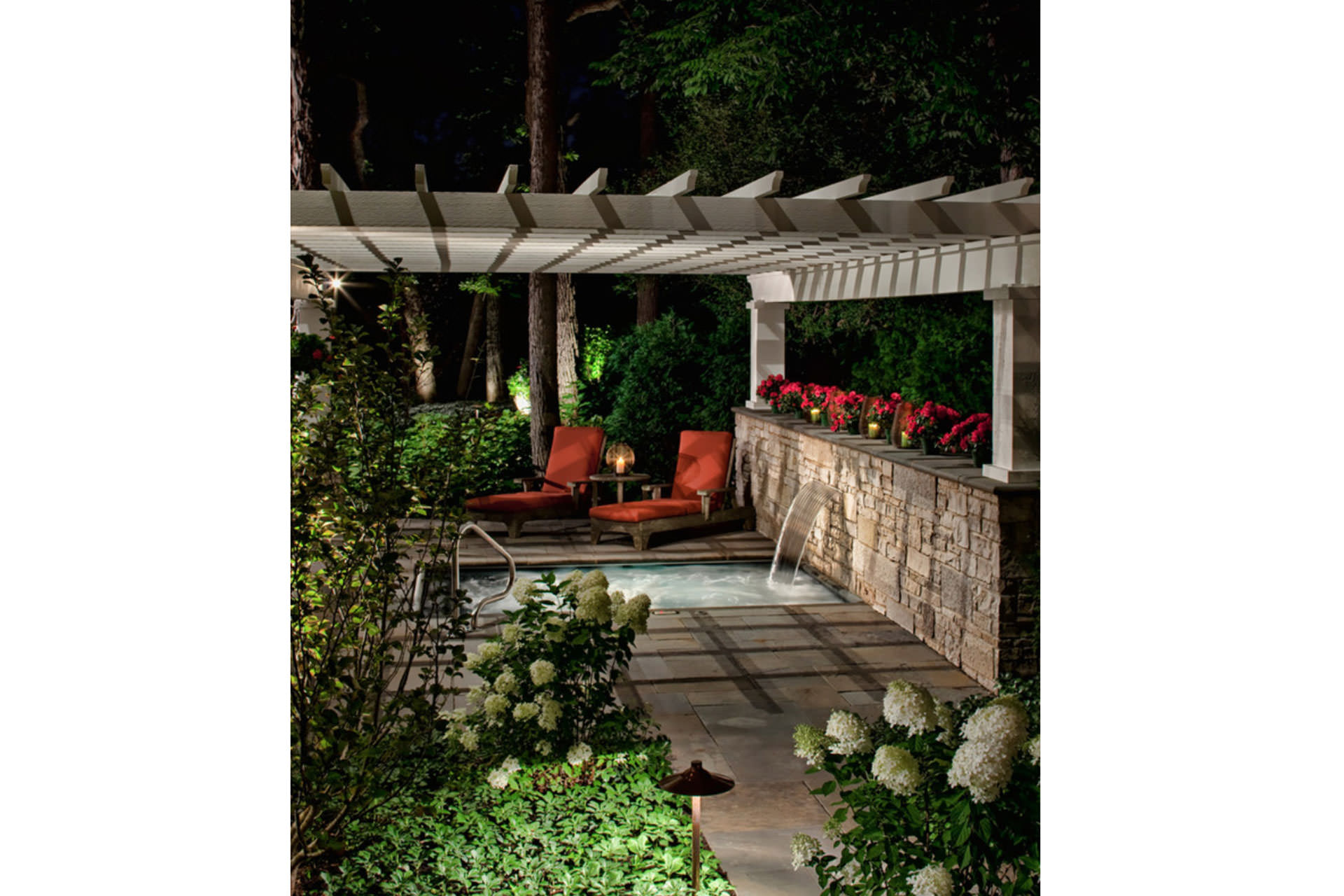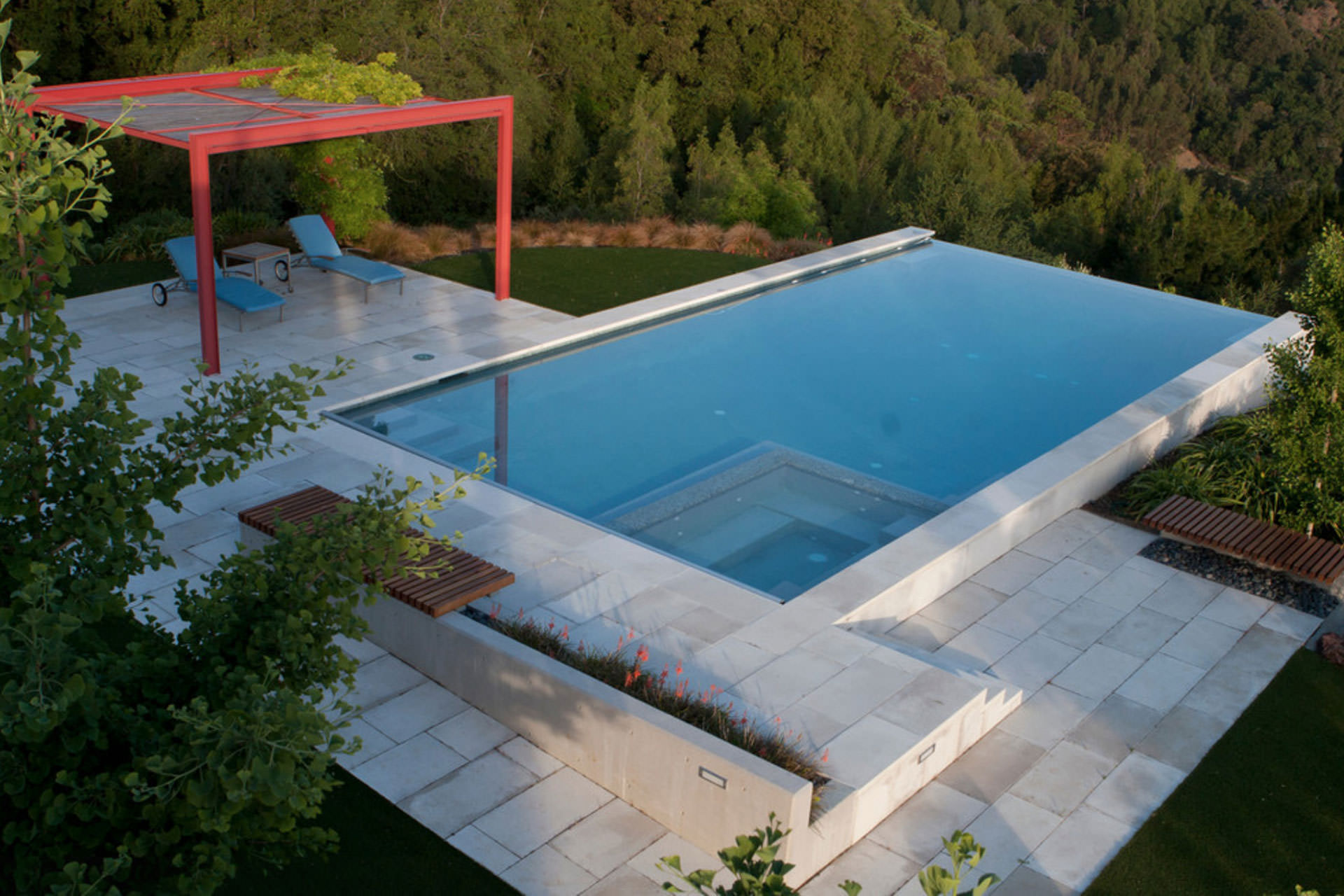Five Pool Building Tips to Keep your Budget Above Water
Who doesn’t want a swimming pool? A pool is great for cooling off on hot summer days, entertaining friends and family, exercising, and simply having fun. However, buying a pool is an investment much like a car or home. That means before you dive in –pun intended – you need to do a little research. Dive in head first with these five pool building tips!
I’ll touch on five things you need to consider before jumping off the deep end: zoning laws, safety measures, types of pools and hot tubs available, the potential costs, and investment value.
Okay, let’s get started.
Check Zoning Laws
Before you start digging a hole in your backyard, check local zoning codes to verify that you are able to build a pool on your property. Also, find out if there are any restrictions regarding your plans such as the placement of your pool, the size of your pool, or safety requirements. Make certain you clearly understand all of the zoning codes and obtain the necessary permits before breaking ground.
Safety Measures
Beyond any safety measures, local codes typically require the installation of a safety fence or barrier around the pool, you may also want to include other safety devices, especially if you have children. For instance, you might consider child-proof locks on gates, security alarms on windows to the backyard, or alarms that alert you when someone enters the water. However, keep in mind that no security device can replace the vigilance of a responsible adult.
Types of Pools

A wide variety of pools are available today. Getting up to speed on all your choices will help you understand your pool contractor’s language and be more confident about your decisions.
In-ground pools typically cost more to build and the construction time can be lengthy. However, these pools are considered more luxurious, have a longer life span, are designed to fit any shape or size yard, and have several accessories and features available.
Above-ground pools cost considerably less than in-ground pools; however, their lifespan is not as long. These pools are constructed with aluminum, resin, or steel sidings with vinyl liners. The pools can be assembled and dismantled relatively easy and since they are not permanent structures can be taken with you if you move. If access to your yard is limited, above-ground pools may be your ideal choice.
If you’re dreaming of a hot tub or spa to relax in after a stressful day of work and soothe your aching muscles, basically there are two types. Portable spas sit above ground, cost less, and are easy to install. Permanent spas are built in the ground and are usually made of concrete or gunite much like an in-ground pool. Permanent spas cost about twice as much as portable spas but are energy efficient and can increase the value of your home.
Potential Cost of Building a Pool
The average cost to install and equip a 600 square foot concrete or gunite pool starts at about $30,000. Add in details like safety fences, water features, diving boards, lighting, slides, patio, landscaping, heater, and possibly a spa, and you’re easily looking at totals close to $100,000. Of course, you’ll need to add additional energy costs as well as maintenance costs to the budget.
If you want a pool contractor to install the pool, not including decking or patio, expect to pay $20,000 to $40,000. Again, options such as a heater, lights, water features, decking, and other accessories will escalate this price.
Much easier on the budget, an average above-ground swimming pool kit will cost between $1500 and $4500, depending on the quality. The installation costs of above-ground pools usually run $1000 to $3000, depending on the size and type of pool. In recent years, big box stores like Wal-Mart and others have started selling above-ground pools that typically cost $100 to $800 and in most cases last one to three years before needing replacement.
Portable spas average between $2,000 and $12,000, depending on size and features. In-ground spas average between $15,000 and $20,000. It is often more cost-effective to build them in conjunction with an in-ground pool.
Does a Pool Raise the Value of a Home?

Generally, a pool is not the best way to add value to your home. Other improvements such as replacing siding or updating a bathroom are better investments. However, a pool can add value to your home if you live in a higher-end neighborhood in a warmer climate with homes that typically have pools. In that case, not having a pool might make your home harder to sell. Even then, at most your home’s value might only increase about 7%.
Of course, a pool can add value to your quality of life and enhance the enjoyment of your home. Since you can’t put a price tag on that, you may feel the return on the investment is worthwhile.
If you take all of the above information into consideration, you’ll be able to decide which option is best for your family’s lifestyle and budget. After that, it’s time to start gathering patio furniture, pool floats and games, and swimsuits and start planning your first pool party. Enjoy!
Retractable Solutions for Outdoor Spaces
Please complete the form below to download our free eBrochure.
Price List included
Related Posts
January 29, 2014




I really like these pictures you have of pools! I also really enjoy how punny this article is! Thank you for giving good information in a punny way!